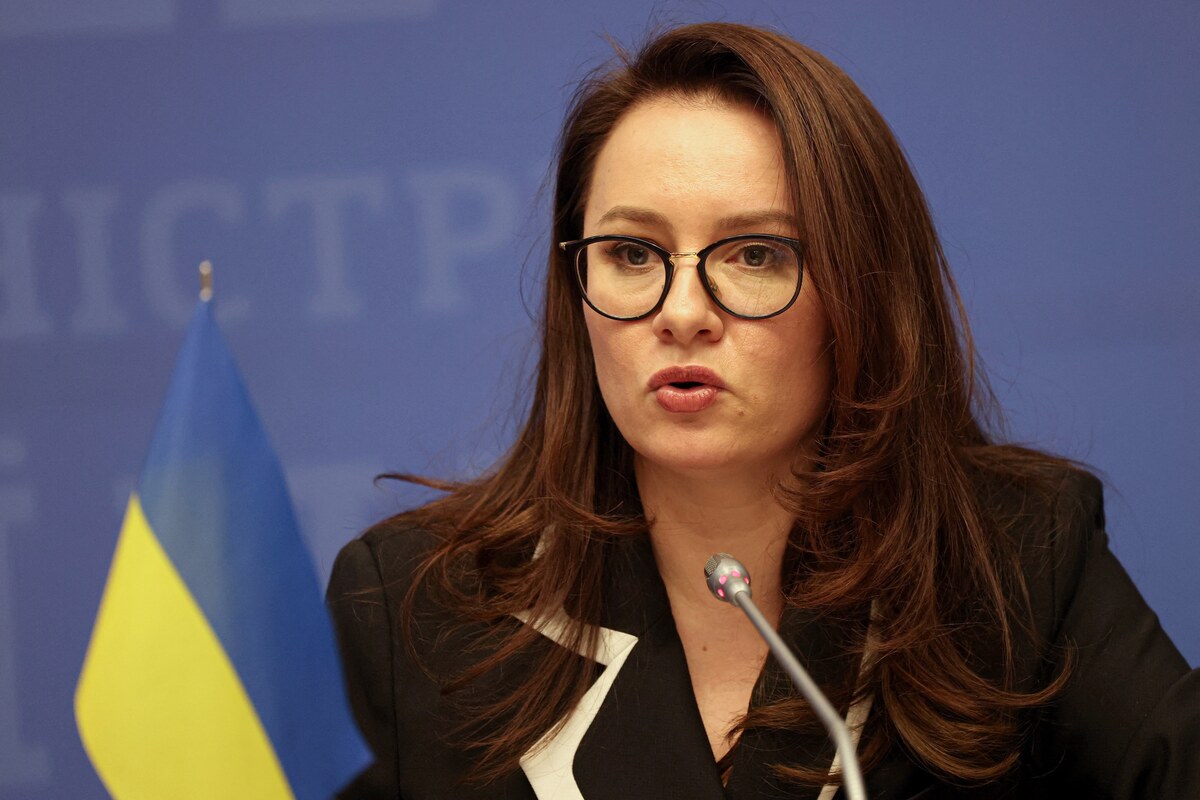Sustainability at the forefront of digital transformation

https://arab.news/vt3st
As organizations worldwide invest in increasingly diverse applications of AI, from portfolio optimization to supply-chain management and executive decision-making support, there is little doubt that AI is here to stay and adoption will only grow.
Estimates from International Data Corporation, a market intelligence business, suggest that in 2023, enterprises worldwide spent $166 billion on AI solutions — software, hardware and services. This figure is expected to grow by 27 percent per year to reach $423 billion by 2027.
According to a recent report by PwC, the generative AI market in the Gulf region alone could be worth up to $24 billion by 2030. Various states in the region have made major investments in AI, committing significant resources.
Saudi Arabia has established the Saudi Authority for Data and Artificial Intelligence, the UAE has a minister of state for artificial intelligence at the nation’s AI Office and Qatar launched its Artificial Intelligence Committee in 2019.
Overall, PwC predicts the Middle East will accrue 2 percent of the total global benefits from AI by 2030, worth about $320 billion.
However, new data centers and digital infrastructure will be required to support the unique technical requirements of this expansion — built at scale quickly, efficiently and with resiliency. In the process, these developments will create sustainability challenges.
Schneider Electric, which specializes in digital automation and energy management, has found that AI workloads present specific demands and disruption challenges that many data center owners and operators might not be prepared for.
If businesses with IT portfolios that include data center facilities are unable to cope with the demands created by AI, they risk missing out on business opportunities and potentially jeopardizing their sustainability goals.
One hyperscale operator reportedly experienced a 48 percent increase in emissions in the space of five years as a result of the AI data center boom.
If companies are to successfully leverage AI, it is important to ensure sustainability remains at the forefront of decision making by allowing those who are developing or transforming existing facilities, or designing new ones, to do so confidently to keep pace with market growth.
Schneider Electric is one of the companies that provides resources designed to empower chief information officers and IT executives and help them achieve their requirements.
We have established a partnership with Nvidia that brings together a wealth of cutting-edge expertise in the field of AI to build on our existing research and ensure not only that data centers can accommodate AI, but that they are also optimized for it.
We see a future in which AI is deployed in combination with edge computing to provide the power of the technology closer to where the data is generated and services consumed. The benefits of this include low latency for the utilization of real-time data and emerging technology devices.
It is expected AI will also play a crucial role in sustainability efforts more generally. With emissions targets and deadlines looming, businesses will increasingly seek to better measure, manage and reduce their emissions, and the specific capabilities of AI to capture, analyze and distill large volumes of data into actionable insights will be invaluable.
The effects of AI are already being felt and experienced all around us. It is yet another tool that has been added to the business toolbox to help us tackle the challenges and opportunities created by digital transformation and the increasing digitalization of society and the economy.
Businesses such as Schneider Electric are working hard to make it more understandable, accessible and available to organizations through research, resources and partnerships, so that we can all engage with AI confidently, securely and sustainably.
• Natalya Makarochkina is senior vice president of the secure power division of international operations at Schneider Electric
































